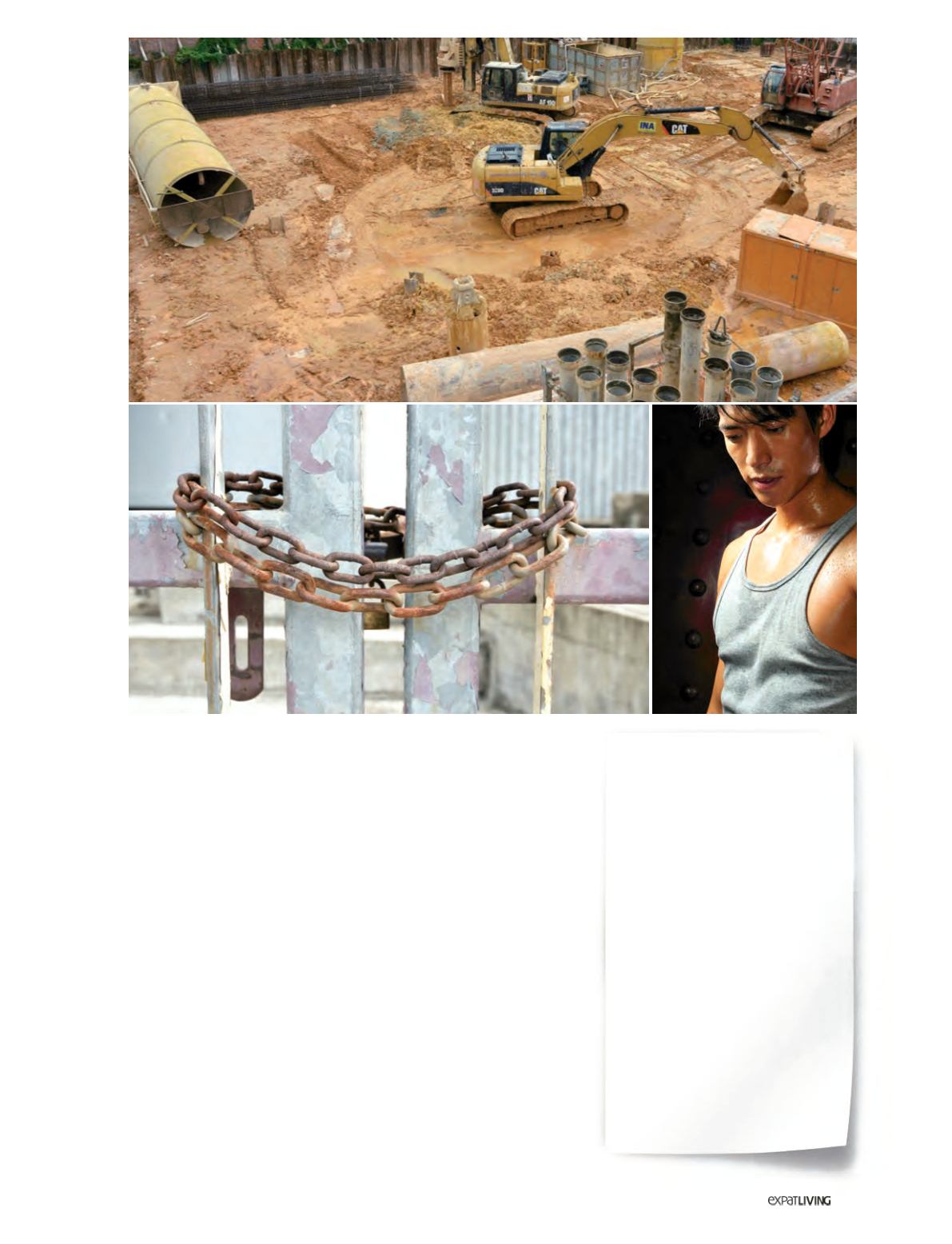

169
November14
working in brothels for nothing; some
are even starved. Poverty is driving
people to come and work here, yet
in some way it is perpetuated by the
situation here.
Prior to theBill consultation sessions
in April 2014,
Today
newspaper
reported MP Mr de Souza as saying
that such cases of deception across
all types of human trafficking offences
would be covered under the Bill. He
said that perpetrators would be taken
to task accordingly upon investigation.
“(The Bill) is wide enough to cover
a situation where, if a lady gives her
consent to a situation of wanting to
be a waitress ... and is deceived and
forced to carry out sexual services
... that would be caught by the Act,
because she did not consent to that
exploitation,” he is reported as saying.
EmancipAsia
is a Singapore-based
organisation dedicated to raising
awareness about trafficking, which
founder Sylvia Lee labels “modern-
day slavery”. She cites examples
of men working in the construction
sector who could be considered as
trafficked. “They are employed in
a host country and offered a set of
conditions for employment. When they
arrive here, the conditions are not the
same, which is deception. Then when
the worker complains, the employer
says, ‘You make so much noise; I will
send you home.’ This is exploitation of
a person’s vulnerability, because this
guy is indebted. If he is sent home, it
is worse, as he is indebted
and
has no
job. Here, the employer has the upper
hand, so it’s likely the worker will shut
up and do what he is told to do.”
Sylvia says there is a huge demand
for foreign workers in Singapore
across numerous industries. “We
have good employers and happy
people here, but there have also been
instances of bad employers being
What can you do?
The Global Freedom Centre asks
individuals to consider:
• Could you recognise trafficking if
you came upon it?
• Would you know whom to contact
to help a victim and report the
trafficker without jeopardising the
victim’s safety or endangering
yourself?
• Do you know whether the food,
clothing or other goods you
consume was produced by forced
labour?
• Does your employer have a supply
chain free of forced labour?
• What can you do to incorporate
anti-slavery into your current
professional work?
• Do you have the training and
resources that you need in order
to make a difference?



















